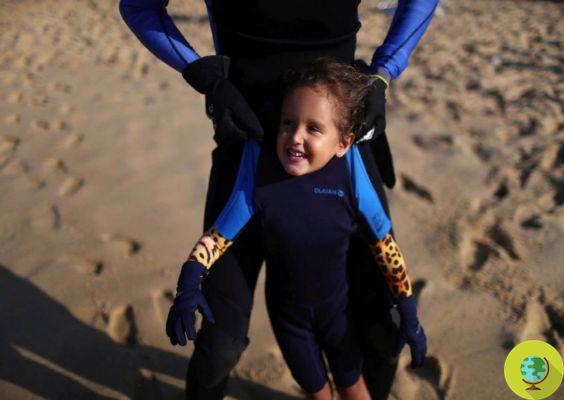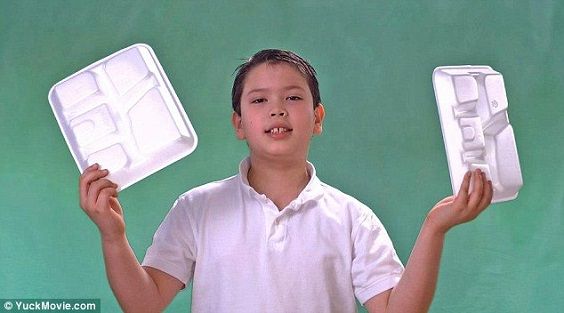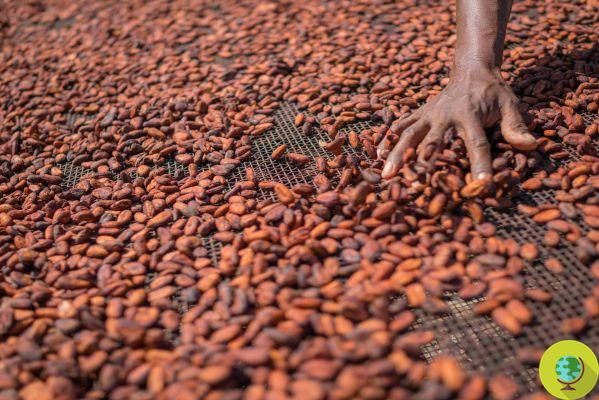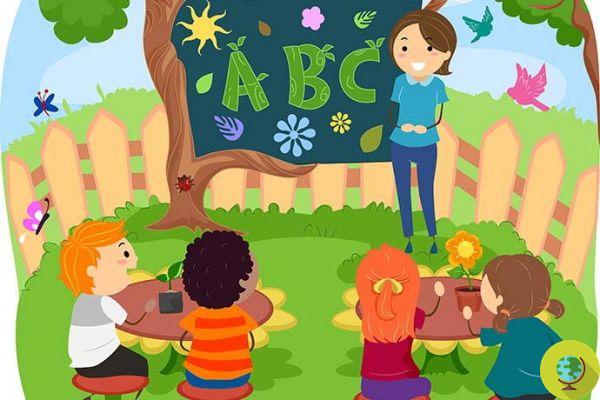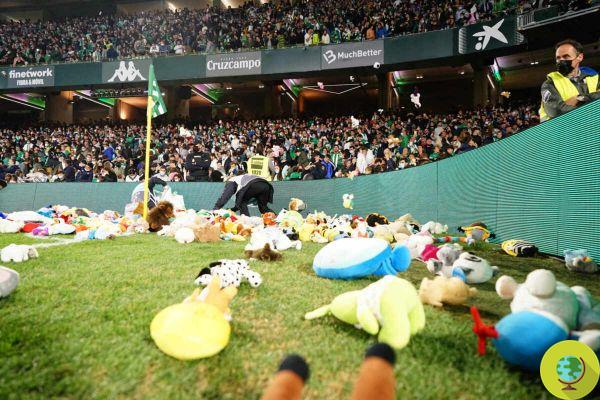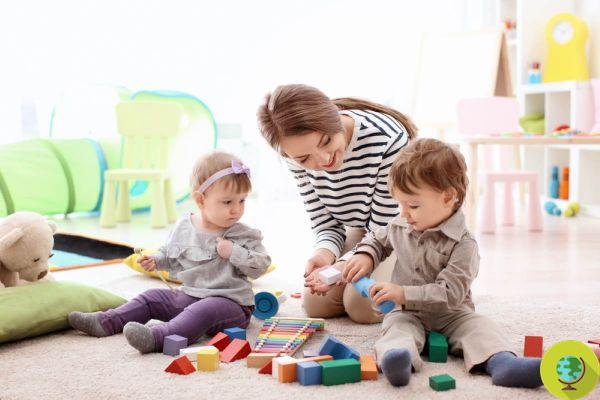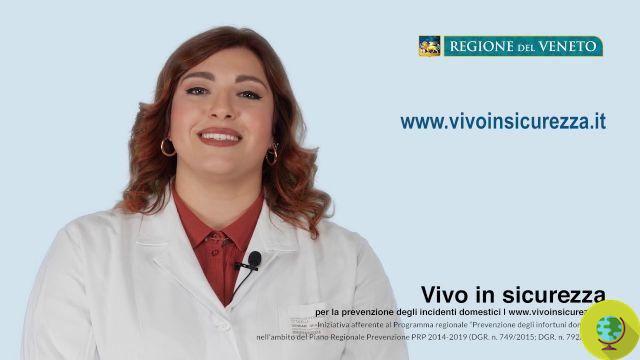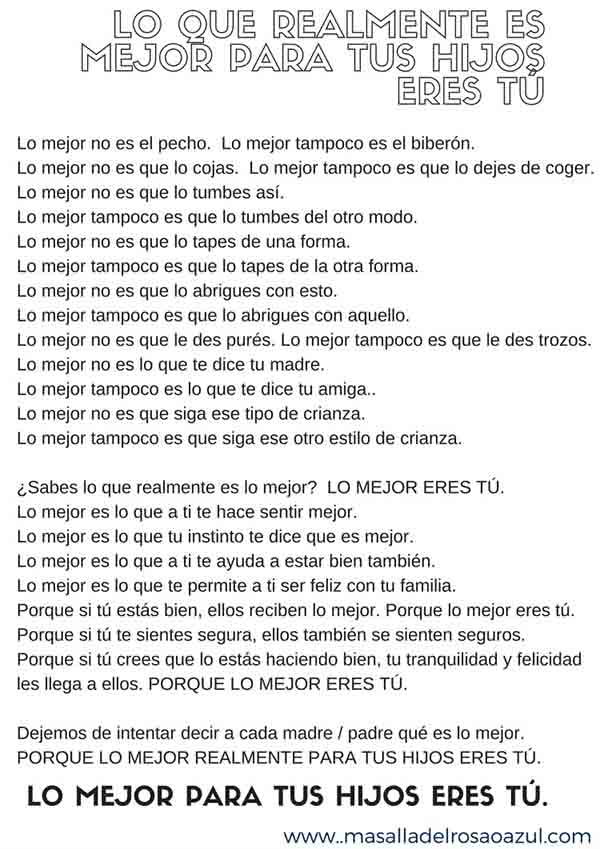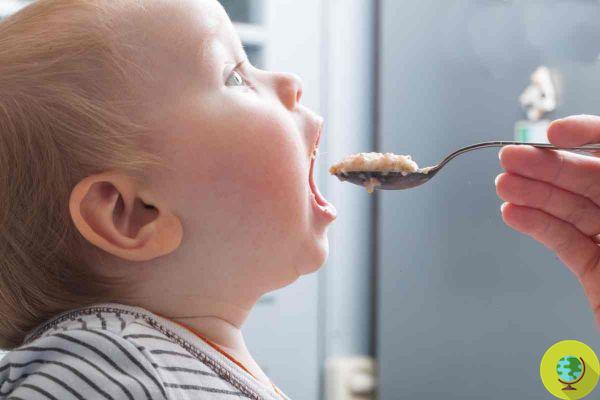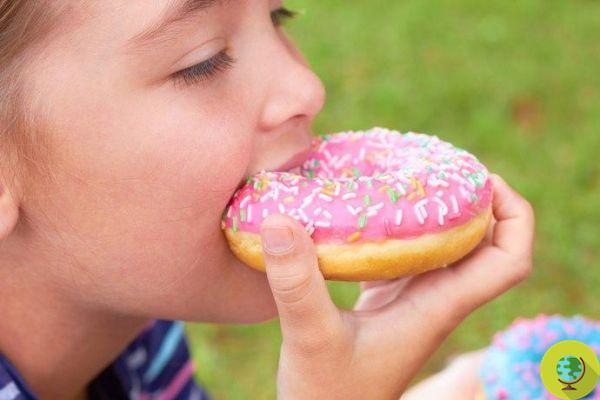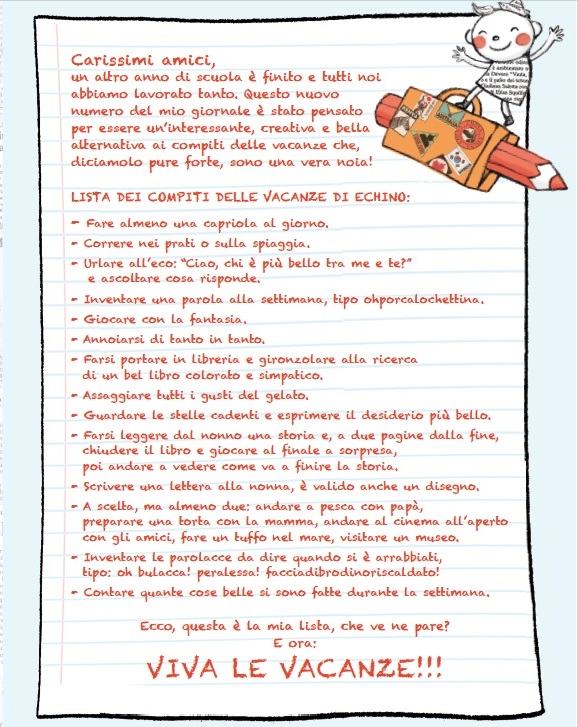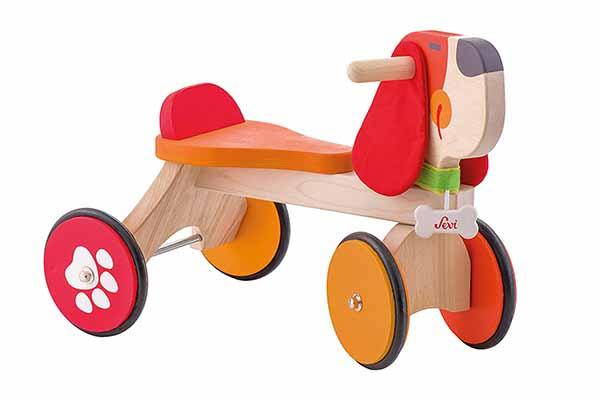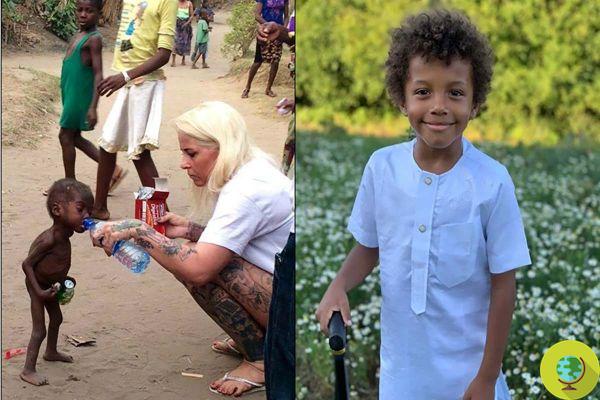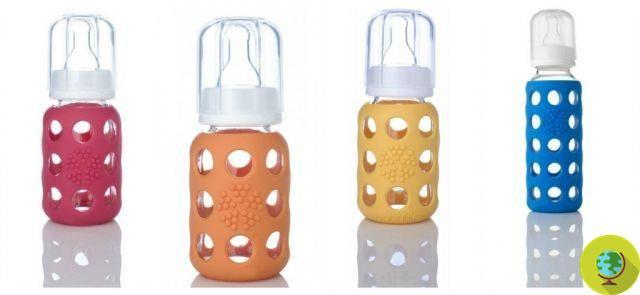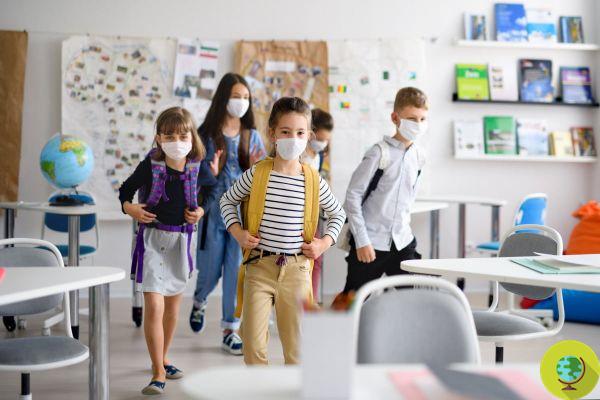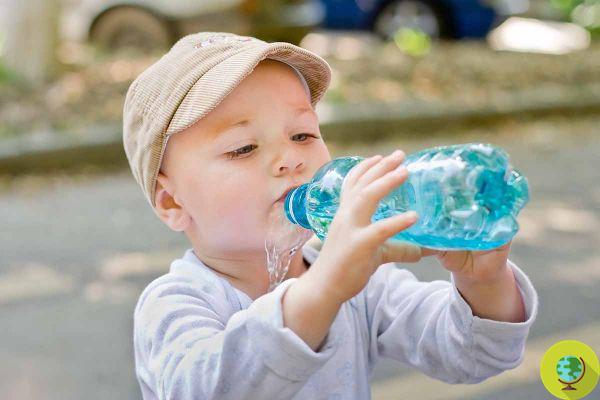
Not all mineral waters are suitable for children and babies. Here are which ones to choose by carefully reading the label
Don't store avocado like this: it's dangerousThere are many varieties of mineral water on the market but not all are suitable for children and babies. Also in this case it is very important to pay attention to the labels rather than the slogans.
When children are very young or even babies, one of the first questions all parents ask themselves is what kind of water is right for them and how much should they drink.
In case you cannot breastfeed, then, water is also essential to rehydrate the formulas and therefore prepare milk for babies. But What water should babies drink and which water should they use for formula milk?
As always, knowing how to read labels is essential. First of all it is good to check that on the water package there is the indication "natural mineral water", to avoid other terms such as "spring water or to drink" since, as explained by the pediatrician Angela Pittaris on the dell website'pediatric hospital Meyer of Florence:
it means that that water does not have the precise health properties, recognized by the Ministry of Health.
Furthermore, the following must always be present on the label:
- the name of the source from which the water comes
- the analytical composition of water
- the date of bottling
- the laboratory that carried out the analyzes
- the lot number
- the expiration date
Read also: Do you know that bottled water has an expiration date? How (and especially why) you must read it absolutely
Particular attention must be paid to the analytical composition of water which indicates which and how many mineral salts are inside.
As Dr. Pittaris explains:
These nutrients, with regulatory functions, not being produced by our body, must necessarily be taken with food and their daily requirement is different depending on the age of the child, therefore a suitable mineral water will be chosen for each individual case. For example, waters rich in calcium promote the strengthening of bones and muscle activity (they will be suitable for the entire growth period of the child), those with magnesium help regulate the intestine and enzymatic functions (useful in the case of irregularities intestine); potassium regulates the conduction of nerve and muscle impulses, sulfur regulates the well-being of nails and hair, while iron is essential during pregnancy and breastfeeding. As for the sodium, recent studies have shown that excessive intake of this substance, in food and water, during childhood, is linked to the onset of hypertension in adulthood, therefore the Ministry of Health, for preventive purposes, recommends the use of water with less than 20 mg / l.
It is also important to evaluate the Fixed residue, that is the parameter that indicates the quantity of minerals that remain in the water after having boiled a liter of it at 180 °.
Based on the Fixed Residue, the waters are divided into:
- minimally mineral - Fixed residue lower than 50mg / l, very light suitable for preparing formulated milk
- oligominerali - Fixed residue up to 500 mg / l of water that can be drunk during weaning
- minerals - Fixed residue above 1500 mg / l, after one year of age
- rich in mineral salts (over 1500 mg / l) prescribed by the doctor in particular situations and which can only be purchased in pharmacies.
Of course, considering that each child is unique and may have specific needs, always ask your pediatrician what is the recommended water in your case.
E if a child prefers sparkling water?
The mineral waters made sparkling by the addition of carbon dioxide, but also the natural effervescent ones are not advisable in the small child, while for the older one there is no real contraindication, but because it can cause a temporary dilation of the stomach and a greater production of gastric juices is unsuitable for children with gastroesophageal problems.
Then there is the discourse concerning the nitrates. The quantity of these substances in the water must be less than 40 mg / l in the case of adults but, as regards childhood, the limit is a concentration lower than 10 mg / l.
Choosing between the different mineral waters on the market may not be easy, however, the test conducted by Altroconsumo on 79 waters of different brands gave us some useful information (Read also:
Comparing mineral waters: natural or sparkling, these are the best and worst brands according to Altroconsumo).
What about tap water?
One of the best choices, however, always remains tap water (at least in most areas of our country), as Dr. Pittaris also remembers, underlining the environmental aspect as well as safety:
Its goodness is certified by the checks that are carried out on the water network, much more frequent than those of mineral water, for which only one check per year is required. Preferring tap water is certainly an eco-sustainable choice (think of the production of carbon dioxide for the production of plastics and distribution with road transport) and economic for the saving of about 400 euros per family (a lot has been calculated the average cost of purchasing mineral water for one year).
As a last tip, it would be preferable to use mineral water in glass bottles:
Recent studies have shown that the exposure of the bottles to the sun or to heat, during distribution throughout the national territory, can cause the release from the container into the water of substances harmful to health, a not insignificant reason for opting for bottles of glass.
How much should children drink
As already mentioned, not only the type, but also the amount of water that a child must drink depends on several variables: age, health (presence of fever, gastroenteritis, etc.), ambient temperature and humidity but also on the type of physical activity that he carries out.
As basic indications, however, Dr. Pittalis summarizes the quantity of water to be taken as follows:
- Babies: from 100 to 200 ml per kilogram per day
- From 1 to 5 years: 600 to 900 ml per day
- School age: 1100 ml per day
- Adolescence: 1500-2000 ml per day
With regard to newborns, it is also emphasized that:
Breastfeeding satisfies all the needs of the newborn and infant, including water, therefore during the first six months, if breastfeeding is exclusive, it is not necessary to administer water or other drinks.
Source: Meyer Children's Hospital
Read also:
- This is why babies should never be given water before they are six months old






